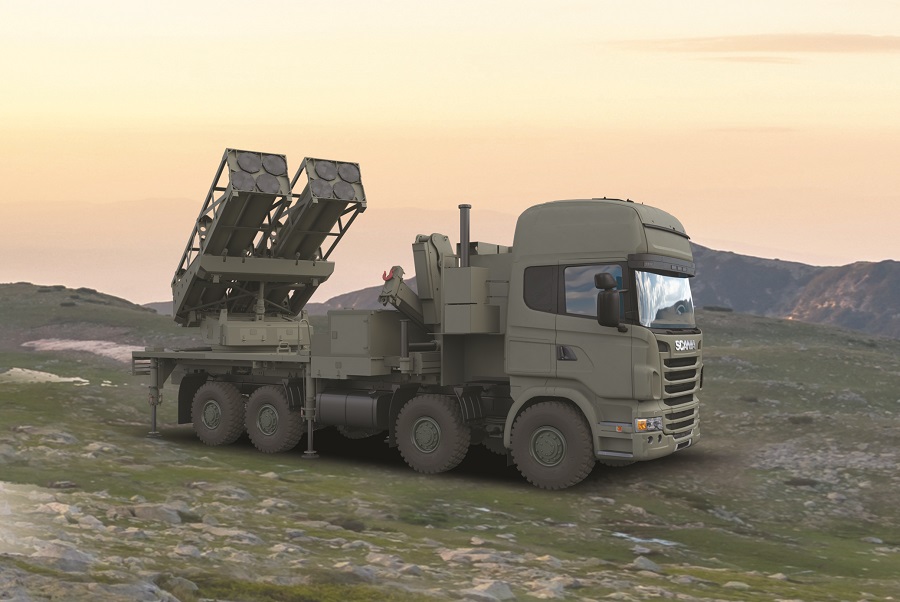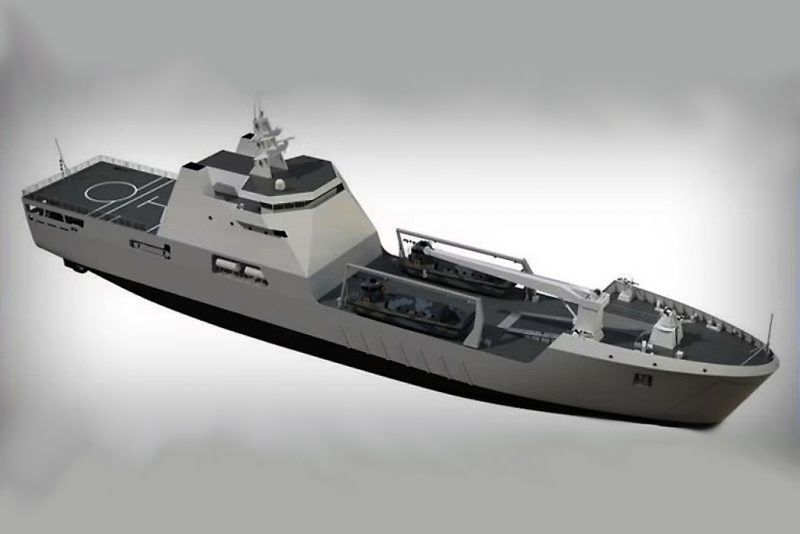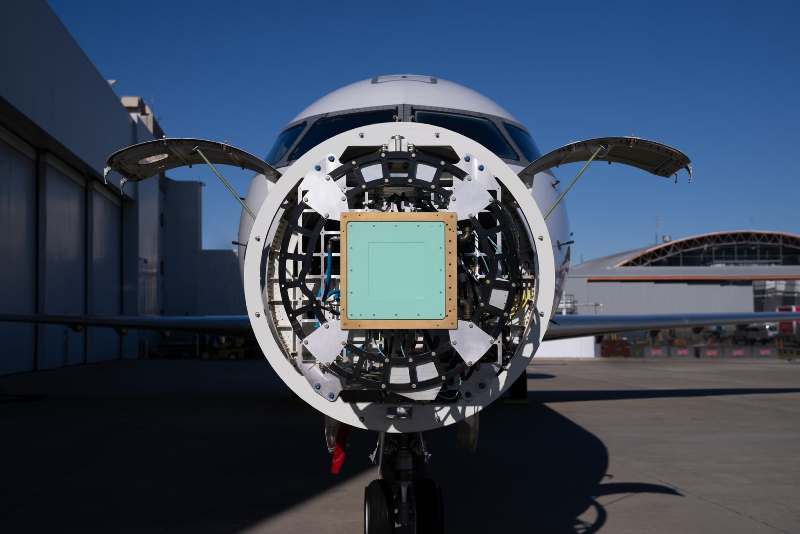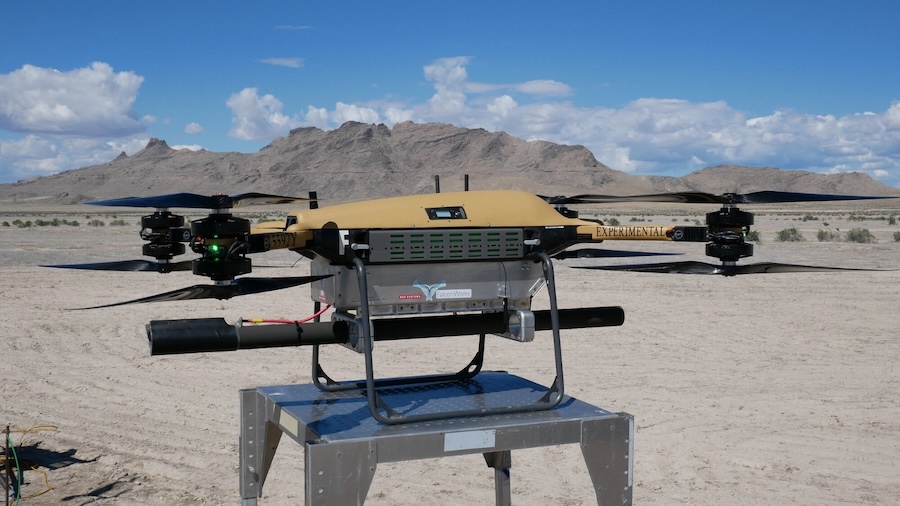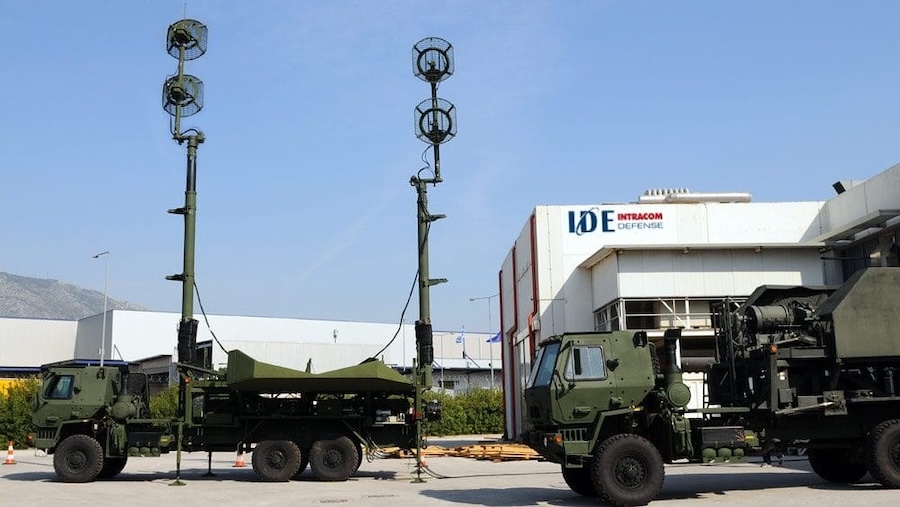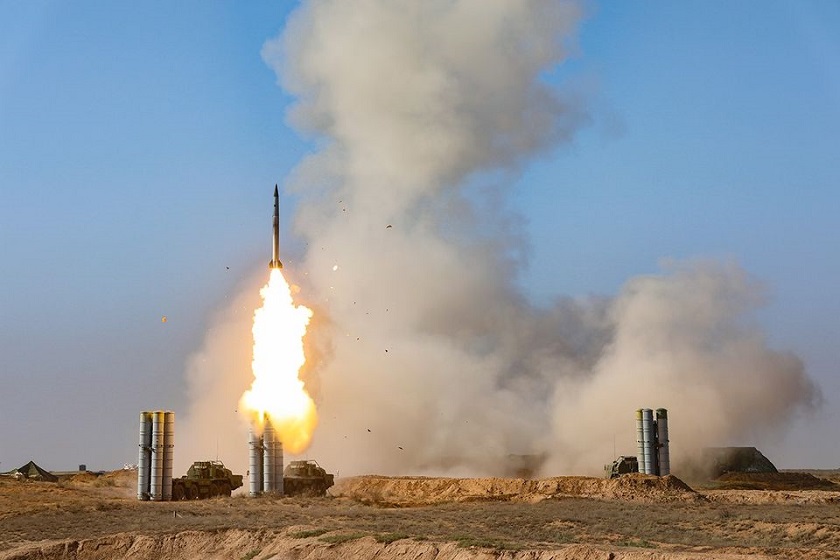This acquisition aims to replace the MARS (M270 MLRS) rocket systems that Germany supplied to Ukraine as part of its military aid programme. The selection of the PULS system over the competing GMARS solution from Rheinmetall and Lockheed Martin was attributed to the latter’s insufficient technical readiness and the operational advantages of the Elbit system.
The PULS system has already been adopted by the armed forces of the Netherlands, Denmark, and Spain, all of which maintain close operational ties with the German Bundeswehr. The system’s compatibility with these countries’ forces was a key factor in its selection, highlighting opportunities for improved interoperability in joint operations.
The delivery timeline for the PULS systems remains unclear, but parliamentary representatives from the CDU/CSU coalition have expressed concerns about delays. They estimate that the first units will not arrive until 2028, with full operational capability likely achieved only after 2030. This slow pace has drawn criticism from opposition parties, who argue for a more rapid rebuilding of Germany’s rocket artillery capabilities.
The Elbit PULS system features an open architecture, allowing integration with various communication and command systems to meet specific operational requirements. It can be equipped with a range of munitions, including unguided 122 mm rockets (up to 35 km range), guided 160 mm rockets (up to 40 km), 306 mm EXTRA missiles (up to 150 km), and Predator Hawk ballistic missiles (up to 370 km in the Israeli version). The system can also deploy Sky Striker loitering munitions with a range of up to 100 km.


